Understanding The Interconnectedness Of North America: A Comprehensive Look At The Map Of America And Mexico
Understanding the Interconnectedness of North America: A Comprehensive Look at the Map of America and Mexico
Related Articles: Understanding the Interconnectedness of North America: A Comprehensive Look at the Map of America and Mexico
Introduction
With enthusiasm, let’s navigate through the intriguing topic related to Understanding the Interconnectedness of North America: A Comprehensive Look at the Map of America and Mexico. Let’s weave interesting information and offer fresh perspectives to the readers.
Table of Content
Understanding the Interconnectedness of North America: A Comprehensive Look at the Map of America and Mexico
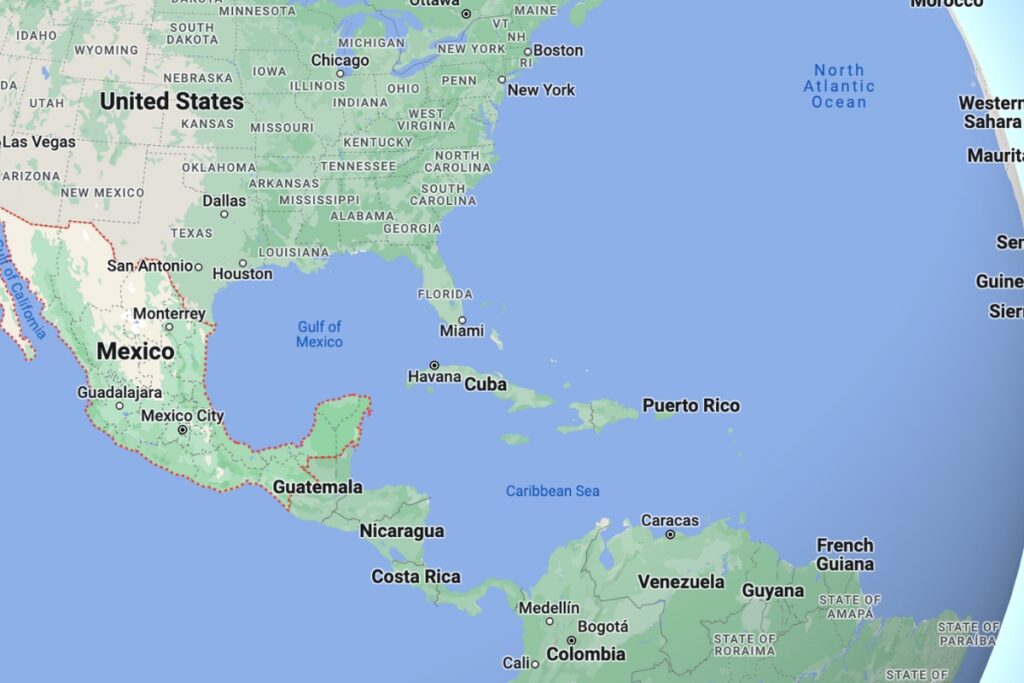
The map of North America, encompassing the United States, Canada, and Mexico, reveals a complex and dynamic landscape where history, geography, and culture intertwine. This article delves into the intricacies of this region, particularly focusing on the relationship between the United States and Mexico, highlighting their shared history, geographical proximity, and the multifaceted nature of their connection.
A Shared History and Cultural Tapestry
The United States and Mexico share a rich and complex history, marked by both collaboration and conflict. The two nations have been inextricably linked since the 19th century, when the United States acquired vast territories from Mexico through the Mexican-American War. This historical event, while controversial, continues to shape the relationship between the two countries.
Beyond the historical narrative, the cultural exchange between the United States and Mexico is vibrant and multifaceted. The influence of Mexican culture in the United States is evident in music, food, art, and language, while American culture has also left its mark on Mexican society. The constant flow of ideas, traditions, and people across the border enriches both nations, fostering a dynamic cultural exchange.
Geographical Proximity and Economic Interdependence
The geographical proximity of the United States and Mexico is a defining factor in their relationship. The shared border, stretching over 2,000 miles, is the longest land border between any two countries in the world. This proximity fosters a high level of economic interdependence, with the United States being Mexico’s largest trading partner and Mexico being the United States’ third largest trading partner.
The North American Free Trade Agreement (NAFTA), now replaced by the United States-Mexico-Canada Agreement (USMCA), has further strengthened the economic ties between the two nations. The agreement has facilitated trade, investment, and job creation, contributing to the economic growth of both countries.
Challenges and Opportunities
While the relationship between the United States and Mexico is marked by strong economic and cultural ties, it is not without its challenges. Issues such as immigration, drug trafficking, and security remain complex and require ongoing dialogue and collaboration.
However, these challenges also present opportunities for cooperation. Joint efforts to address these issues can foster greater understanding, strengthen bilateral relations, and promote regional stability. For example, initiatives focused on border security, drug interdiction, and economic development can create a more secure and prosperous future for both nations.
The Importance of Understanding the Map
Understanding the map of America and Mexico is crucial for comprehending the intricate relationship between these two nations. It allows us to appreciate the historical context, geographical proximity, cultural exchanges, and economic interdependence that have shaped their relationship.
By understanding these factors, we can gain a deeper insight into the challenges and opportunities that lie ahead, recognizing the need for continued dialogue, cooperation, and collaboration to build a more stable and prosperous future for both countries.
FAQs
1. What is the significance of the US-Mexico border?
The US-Mexico border is the longest land border between any two countries in the world, making it a crucial point of interaction between the two nations. It facilitates trade, travel, and cultural exchange, but also poses challenges related to immigration, security, and drug trafficking.
2. How does the USMCA impact the relationship between the US and Mexico?
The USMCA, a trade agreement between the US, Mexico, and Canada, has significantly impacted the economic relationship between the US and Mexico. It has facilitated trade, investment, and job creation, leading to increased economic interdependence between the two nations.
3. What are some of the challenges facing the US-Mexico relationship?
Challenges facing the US-Mexico relationship include immigration, drug trafficking, security, and economic inequality. These issues require ongoing dialogue, collaboration, and innovative solutions to address them effectively.
4. How can the US and Mexico work together to overcome these challenges?
The US and Mexico can overcome challenges by fostering greater understanding, strengthening bilateral relations, and promoting regional stability through joint efforts. Initiatives focused on border security, drug interdiction, and economic development can create a more secure and prosperous future for both nations.
5. What are some of the benefits of understanding the relationship between the US and Mexico?
Understanding the relationship between the US and Mexico allows for a more informed perspective on global issues, fosters appreciation for cultural diversity, and promotes greater understanding and cooperation between nations.
Tips for Understanding the Map
- Study the historical context: Research the history of the relationship between the US and Mexico, including key events like the Mexican-American War and the creation of NAFTA.
- Analyze geographical features: Examine the shared border, major cities, and geographical resources, understanding how these factors influence the relationship.
- Explore cultural exchanges: Investigate the influence of Mexican culture in the US and vice versa, appreciating the dynamic cultural exchange between the two nations.
- Examine economic interdependence: Understand the role of trade, investment, and job creation in shaping the economic relationship between the US and Mexico.
- Stay informed on current issues: Keep abreast of current events and challenges facing the US-Mexico relationship, such as immigration, security, and drug trafficking.
Conclusion
The map of America and Mexico serves as a powerful visual representation of the interconnectedness of these two nations. It underscores the shared history, geographical proximity, cultural exchanges, and economic interdependence that have shaped their relationship. Understanding this complex and dynamic relationship is crucial for navigating the challenges and opportunities that lie ahead, fostering greater cooperation and collaboration for a more secure and prosperous future for both countries.
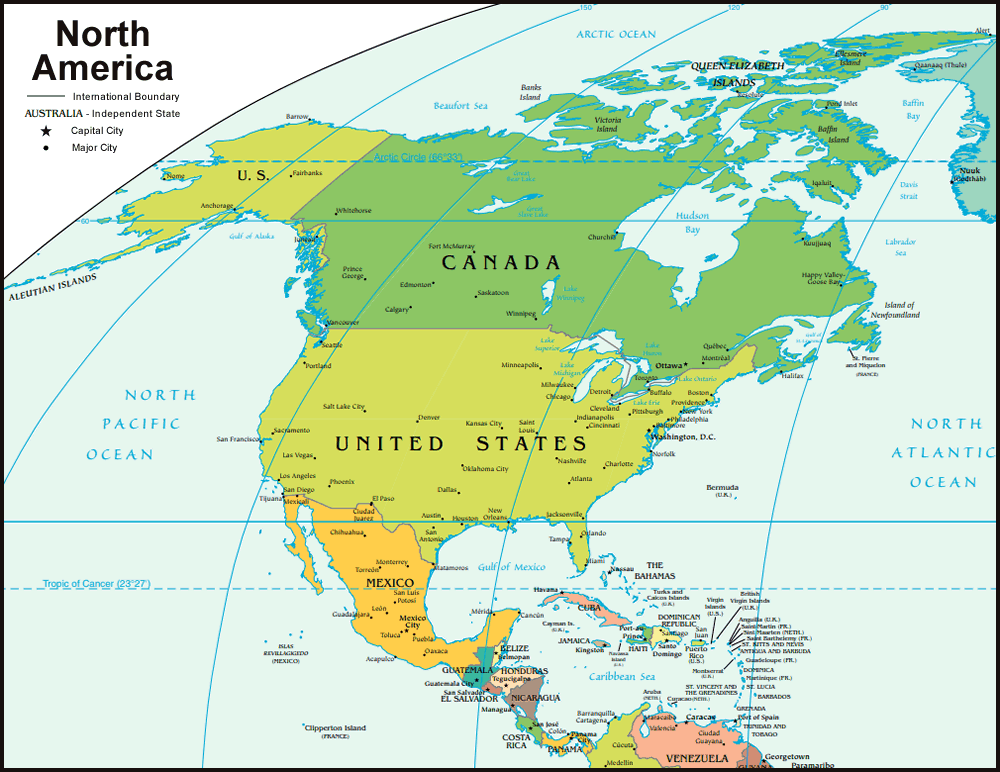
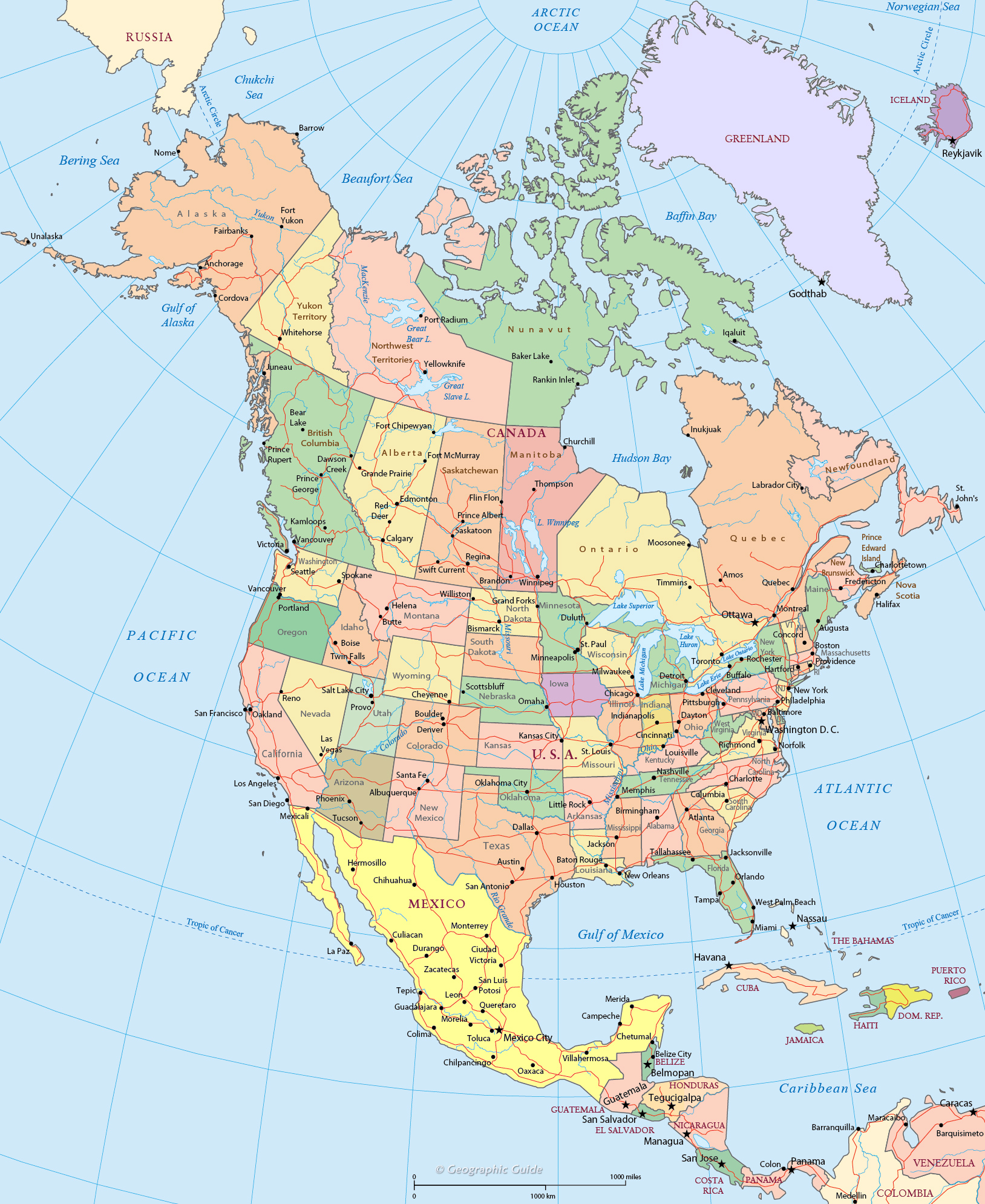
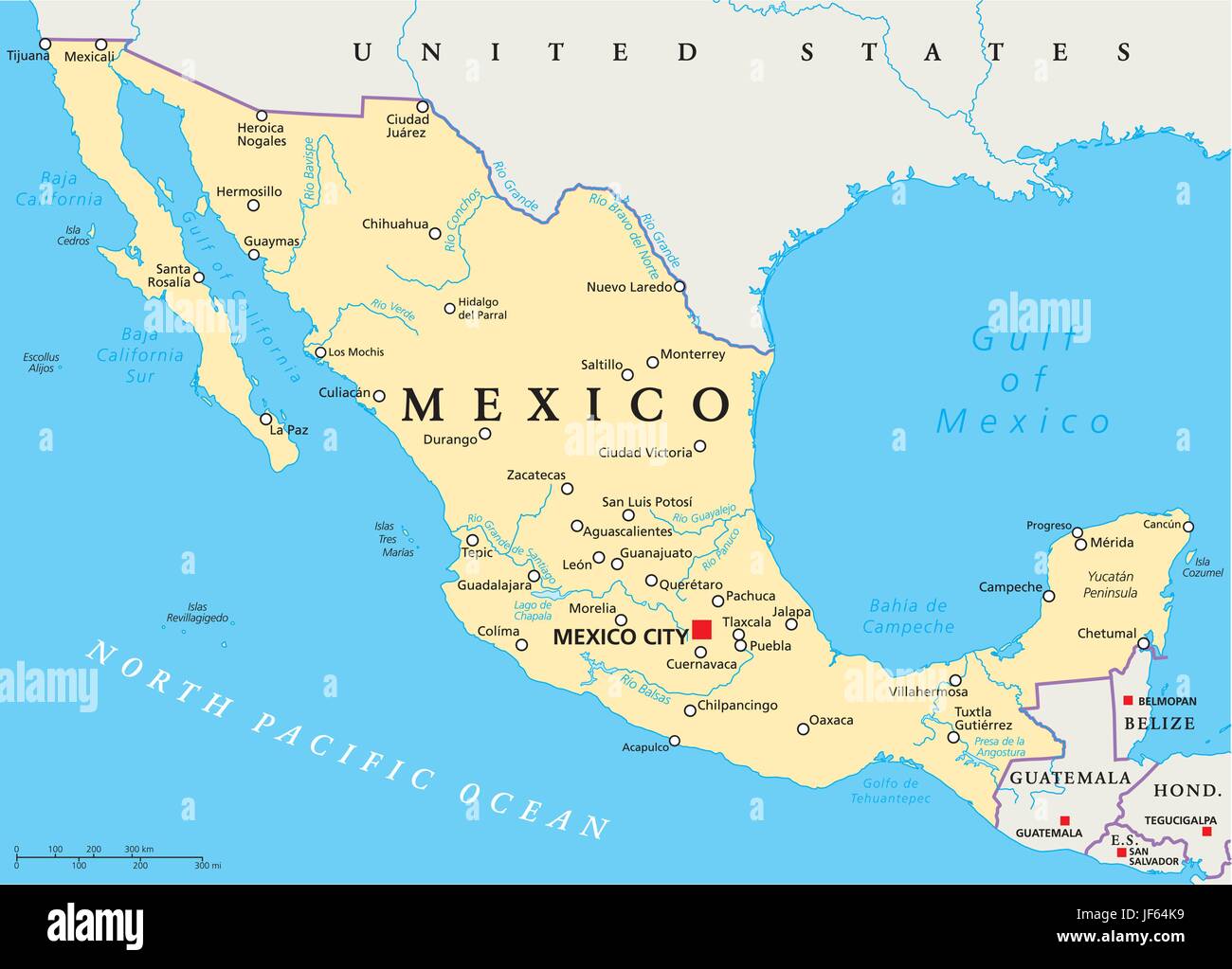
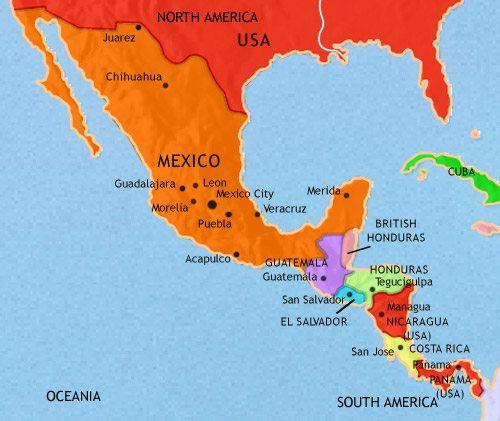
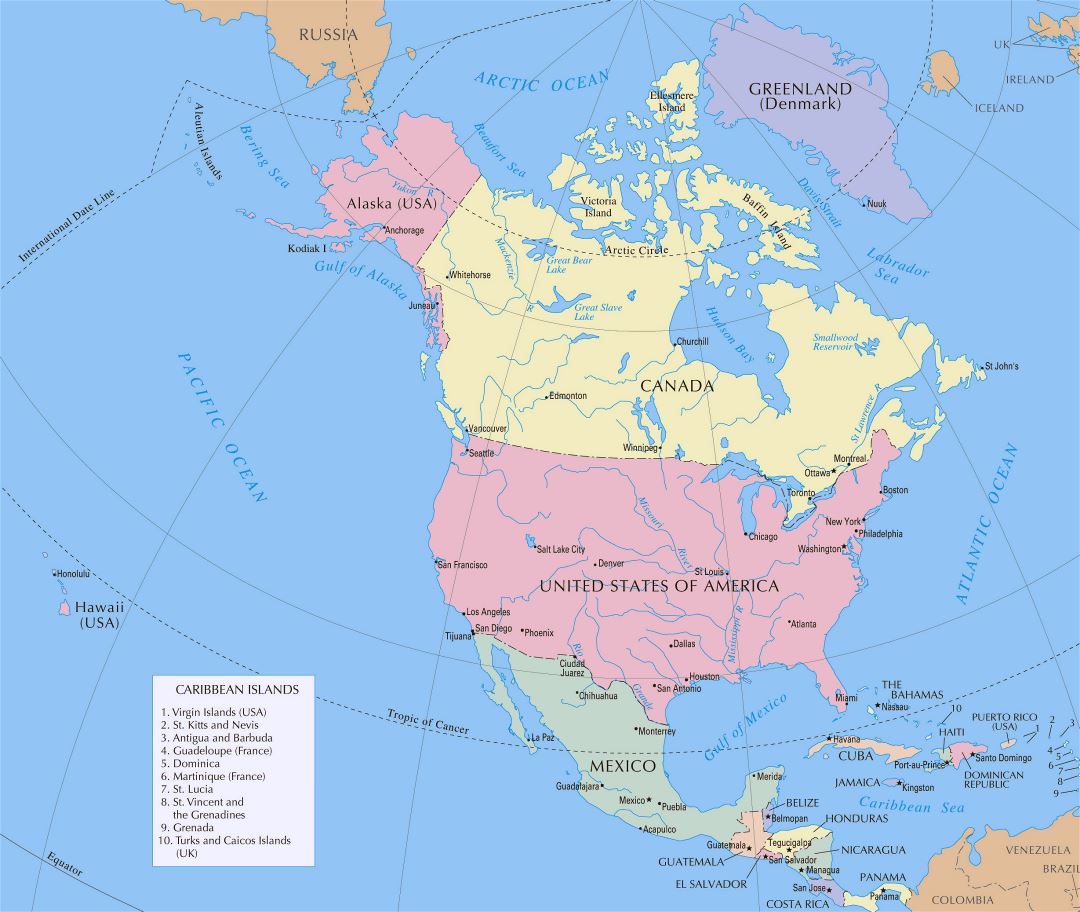
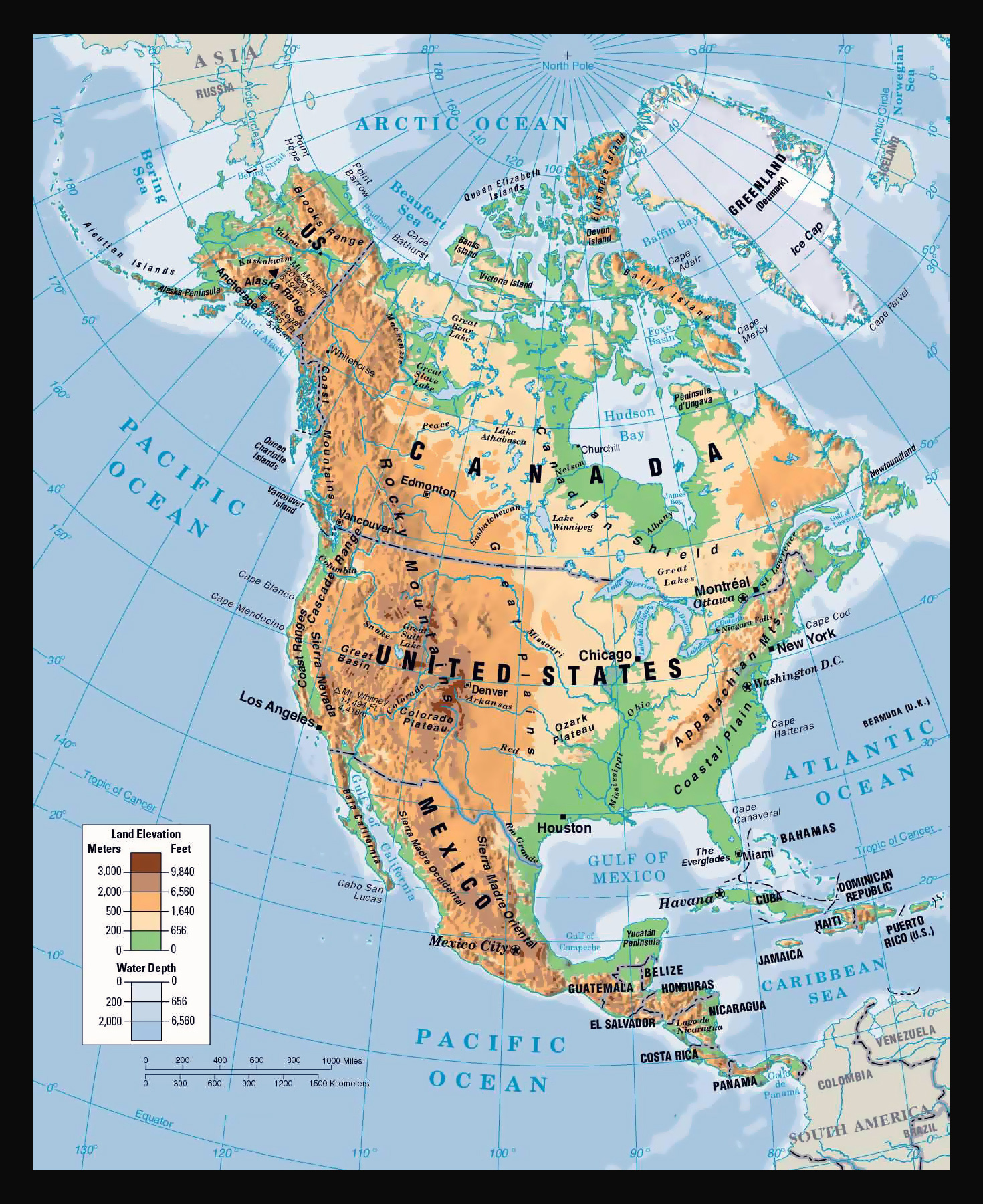
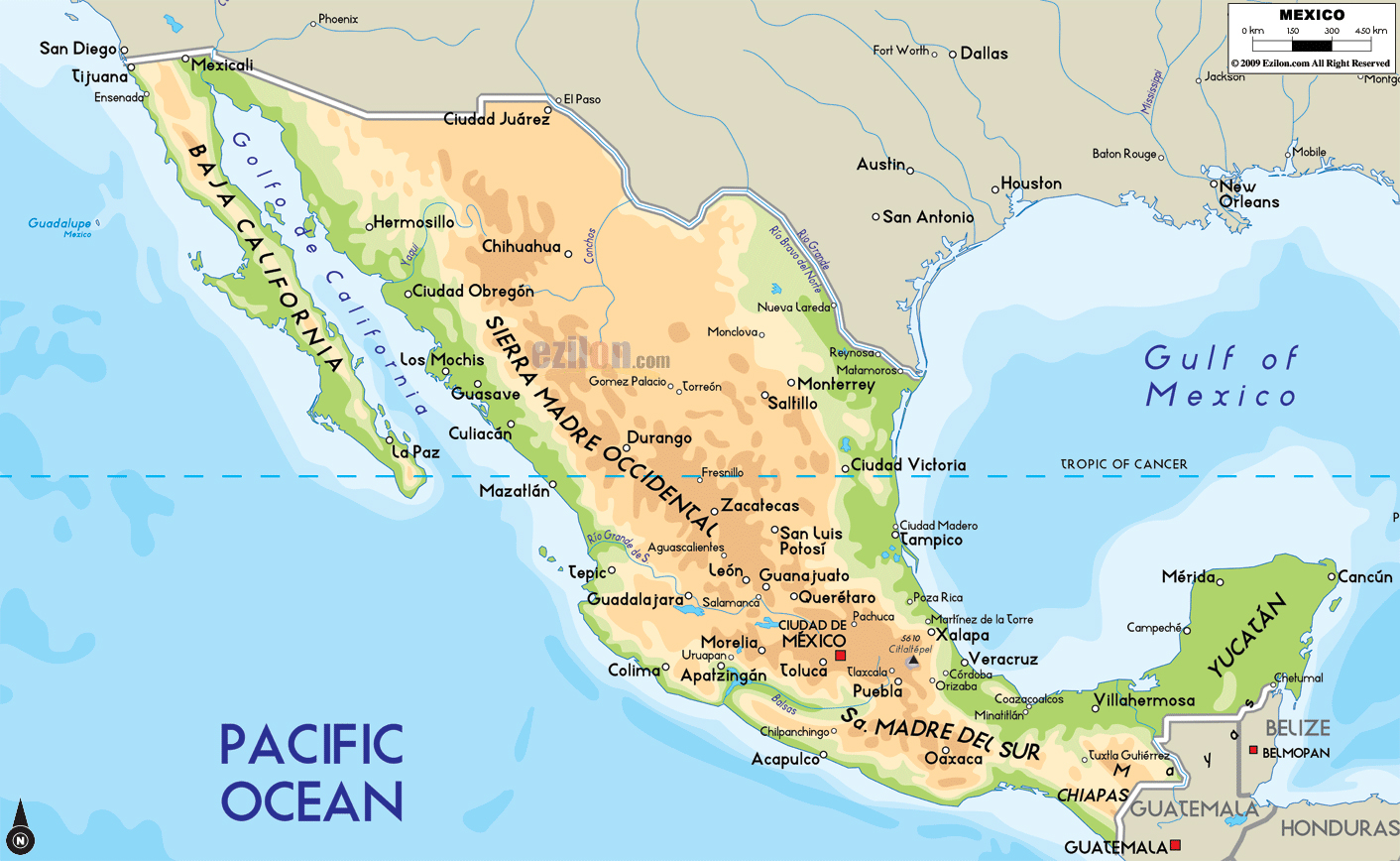
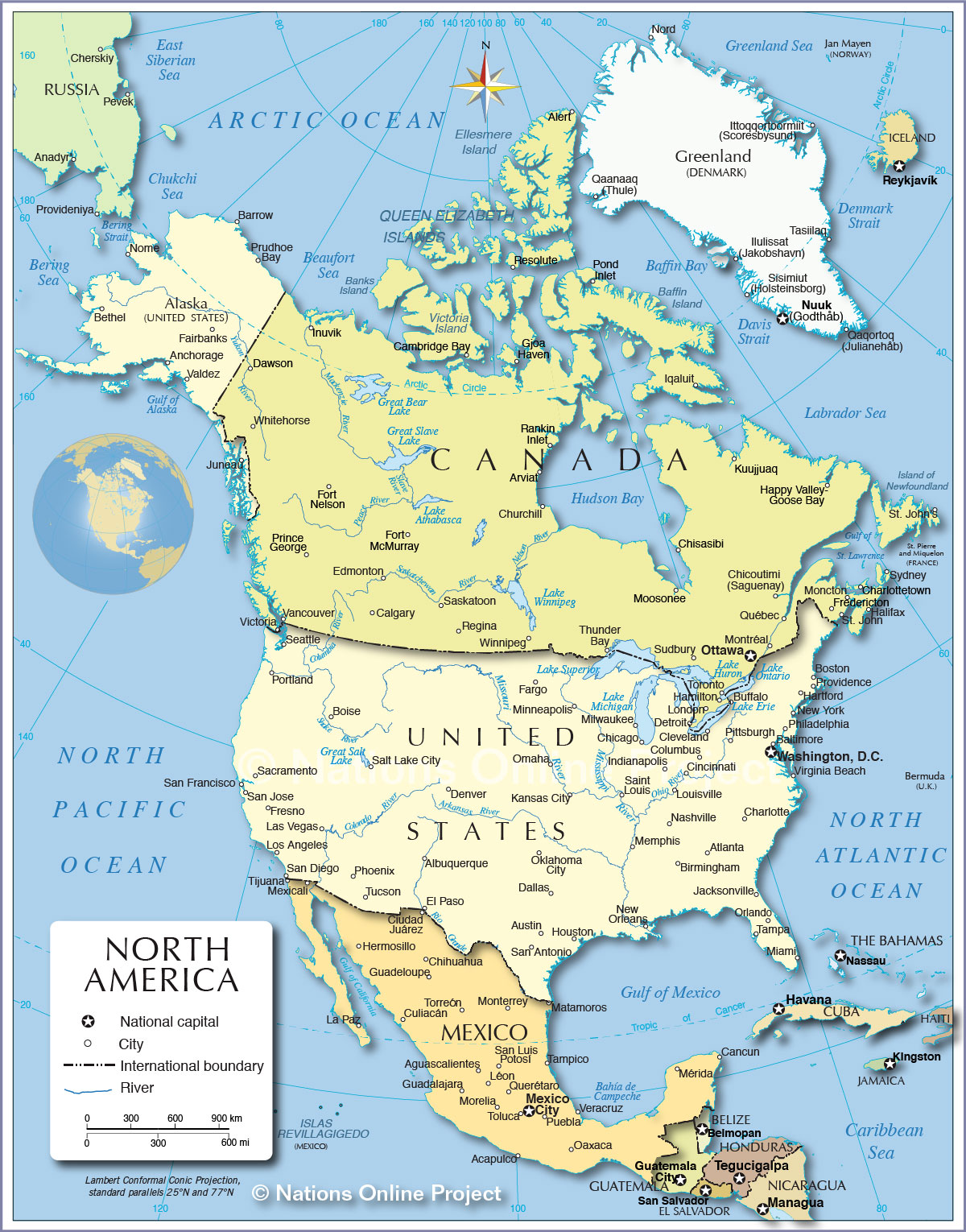
Closure
Thus, we hope this article has provided valuable insights into Understanding the Interconnectedness of North America: A Comprehensive Look at the Map of America and Mexico. We appreciate your attention to our article. See you in our next article!